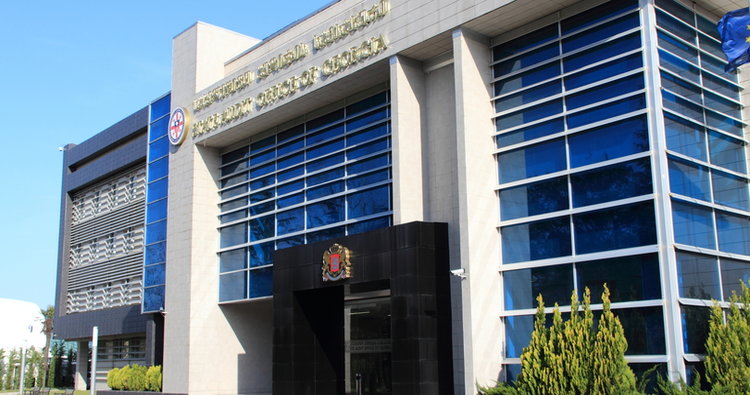Georgian State Audit Office: 27 gov’t projects worth more than 400 mln GEL still not carried out

The state budget for 2019 includes 80 capital projects totaling 2.35 billion GEL ($792.9 mln/€719.3 mln), says the State Audit Office. Photo: State Audit Office of Georgia.
Funds for twenty-seven projects planned by the government worth more than 400 million GEL ($135 mln/€122.4 mln) have still not been used, say data available from the first half of the year, the State Audit Office’s Budget Monitor reports.
Budget Monitor was launched in March 2017 by the State Audit Office of Georgia, and is meant to provide parliament and other stakeholders with constantly updated budgetary information and increases public awareness of budget spending.
Amongst the projects are:
- Tbilisi Solid Waste Project (EBRD) – 20 million GEL ($6.8 mln/€6.1 mln)
- Tbilisi Bus Project (Phase II) (EBRD) – 75 million GEL ($25.3 mln/€23 mln)
- Construction And Rehabilitation Of Tourist Infrastructure –25 million GEL($8.4 mln /€7.7 mln)
- Municipal Infrastructure Renewal Project Of Georgia (EIB) – 10 million GEL($3.4 mln/€3.1 mln)
In addition to these 27 projects for which funding has not yet been used, 26 other projects have used 1-30 per cent of their funds, while 22 other projects have used 30-100 per cent of the funds they have been given.
There are five projects which have exceeded the funds given them.
These projects include the new Kobuleti Bypass Road (ADB) and Water Infrastructure Renovation Project II (EIB, EU).
The state budget for 2019 includes 80 capital projects totaling 2.35 billion GEL ($792.9 mln/€719.3 mln), says the State Audit Office.
You can find additional information about planned capital projects here.
The State Audit Office noted that the selection of the projects in Georgia is informal and not standardised:
There is no project selection methodology, which clearly defines the selection criteria of projects...as a result, there is a risk of selecting projects that do not represent the best alternative to meet specific needs and causes inefficient use of financial, human or time resources”, noted the Budget Monitor of the State Audit Office of Georgia, adding:
After completion of the projects, results are not evaluated, thus the knowledge is not used for future projects, which leads to the inefficient management of budget funds".
 Tweet
Tweet  Share
Share